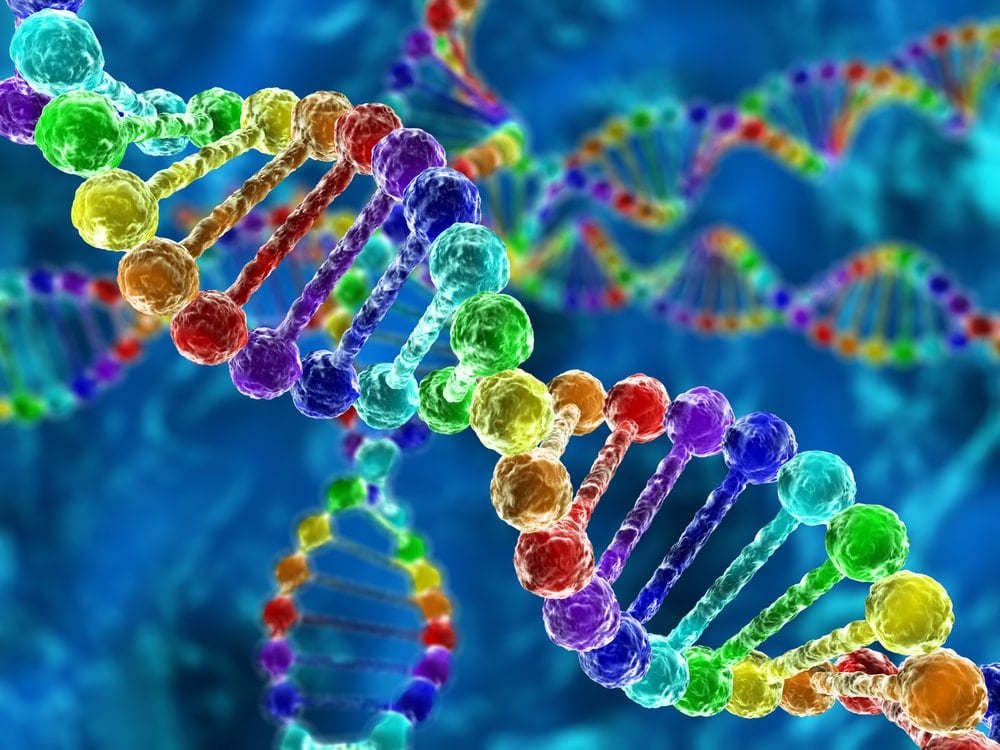
According to researchers at the University of California, Los Angeles, amino acid deficiency is on the rise in the North American population, especially among women.
Amino acids are necessary for the maintenance of health, they are involved in a multitude of biochemical processes.
According to research carried out at India’s University in Delhi a deficiency of amino acids causes health problems such as chronic fatigue, infertility, brittle hair and above all would be an essential factor of excess weight. Indeed, amino acids are essential in the metabolism and regulation of carbohydrates.
One of the most important amino acids for controlling weight and maintaining muscle mass is leucine.
From a nutritional point of view, leucine is an essential amino acid, that is to say it must come from the diet, the body not being able to synthesize it.
Turn fat into muscle
Leucine appears to play a role in the regulation of “nitrogen balance”. This deteriorates during aging, which causes an imbalance between the degradation and production of muscle proteins. This is the origin of the loss of muscle mass that is observed in the elderly.
Optimal leucine intake results in a 16% reduction in calorie intake in a meal, an 80% reduction in the need for snacking between meals, and a 50% increase in available energy intake. These data are provided by various researches around the world and in particular from the Harvard School of Public health.
Leucine stimulates the metabolism to burn excess fat in deep tissue and replace it with muscle tissue, especially in the abdominal area, according to researchers at the University of Illinois.
What seems to emerge from all this research is that a sufficient intake of leucine will convert some of the excess fat into muscle tissue and burn some of it in the metabolic process.
The best sources of leucine:
It is found in notable amounts in wheat germ (2170 mg), tuna (2170 mg), peanuts (2050 mg), salmon (1770 mg), beef tenderloin (1700 mg), chickpeas ( 1460 mg), fromage blanc (curd 1230 mg) and brown rice (690 mg).
Note: Quantities given for 100 g.
How much?
Researchers estimate the daily leucine requirement at 3,200 mg. To reach this recommended daily intake, you should consume:
200 gr of red meat
2 cups of nuts
3 cups of red beans (cooked)
4 glasses of milk
5 cups of brown rice (cooked)
It immediately becomes apparent that reaching the amounts required by the diet is not necessarily easy, except by consuming enough red meat, which does not only have health benefits.
An easier way to get good amounts of leucine, especially in a weight loss program, would be to replace one or even two meals with a delicious smoothie made from a soy protein or whey preparation.
By way of example, a measure of whey protein, necessary for the preparation of 300 ml of a drink which can replace a meal, will provide an intake of 1,500 mg of leucine. The consumption of two drinks of this type will therefore provide 3,000 mg. A well-balanced meal would then suffice to provide the additional 200 mg recommended by the researchers.
Recipe for a delicious protein shake:
1 serving of 22 g of whey or soy protein
1 cup of frozen berries (raspberries, strawberries, blueberries or blueberries, etc.)
¼ banana
250-300 ml of 0% milk or soy beverage or water.
You can also add 1 tsp. tablespoons of ground flax seeds.
This drink is very rich in proteins and leucine while also providing many vitamins, minerals, antioxidants and fibers.